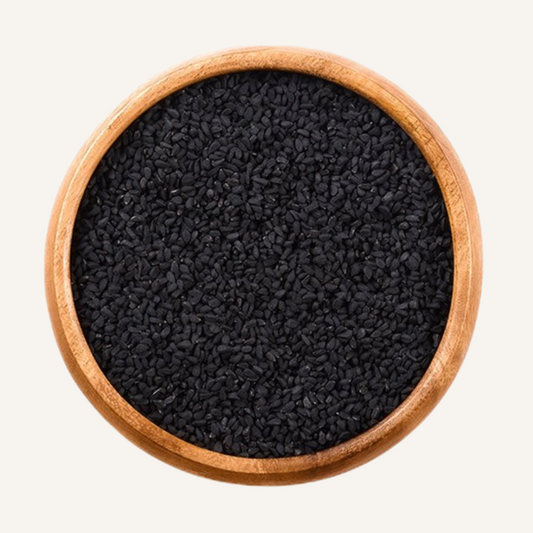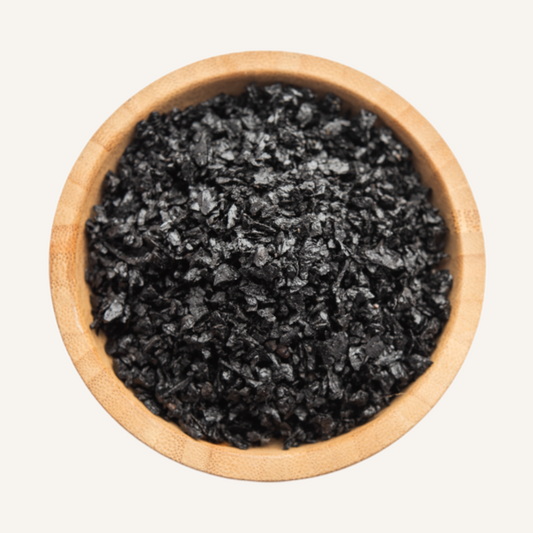
Unlocking the Power of Nature: Effective Natural Remedies for Acne, Eczema, and Psoriasis
Ilyas KhanShare
Introduction
Our skin is the largest organ in our body, and it is also the most exposed. As such, it is prone to a variety of conditions that can cause discomfort, embarrassment, and even pain. Acne, eczema, and psoriasis are three common skin conditions that affect millions of people worldwide. While there are many over-the-counter and prescription treatments available, some people prefer to use natural remedies to manage their symptoms. In this article, we will explore some of the most effective natural remedies for acne, eczema, and psoriasis.
Acne
Acne is a skin condition that occurs when hair follicles become clogged with oil and dead skin cells. It is most commonly found on the face, neck, chest, and back, and it can range from mild to severe. Acne can be caused by a variety of factors, including hormonal imbalances, stress, poor diet, and genetics.
Natural remedies:
Tea tree oil: Tea tree oil is a natural antiseptic that can help to reduce inflammation and kill the bacteria that cause acne. To use tea tree oil, mix a few drops with a carrier oil like coconut oil or jojoba oil and apply it to the affected areas. Be sure to dilute the tea tree oil, as using it undiluted can cause skin irritation.
Honey: Honey is a natural antibacterial agent that can help to kill the bacteria that cause acne. To use honey, apply a small amount to the affected areas and leave it on for 10-15 minutes before rinsing off with warm water.
Green tea: Green tea is rich in antioxidants that can help to reduce inflammation and protect the skin from damage. To use green tea, steep a tea bag in hot water for a few minutes, let it cool down, and then apply it to the affected areas with a cotton ball.
Eczema
Eczema is a chronic skin condition that causes red, itchy, and inflamed patches on the skin. It can be caused by a variety of factors, including genetics, allergies, and environmental triggers. Eczema can be particularly challenging to manage, as it often requires a multi-faceted approach.
Natural remedies:
Oatmeal: Oatmeal is a natural skin soother that can help to reduce inflammation and relieve itching. To use oatmeal, mix a cup of ground oats with warm water to form a paste, and apply it to the affected areas. Leave it on for 10-15 minutes before rinsing off with warm water.
Coconut oil: Coconut oil is a natural moisturizer that can help to soothe dry and itchy skin. To use coconut oil, apply a small amount to the affected areas and massage it in. Be sure to use unrefined, virgin coconut oil, as it is less processed and contains more of the skin-soothing nutrients.
Aloe vera: Aloe vera is a natural anti-inflammatory that can help to reduce redness and swelling. To use aloe vera, apply a small amount to the affected areas and let it dry before rinsing off with warm water.
Psoriasis
Psoriasis is a chronic skin condition that causes thick, scaly patches on the skin. It is caused by an overactive immune system, and it can be triggered by a variety of factors, including stress, infections, and certain medications. Psoriasis can be particularly challenging to manage, as it often requires a multi-faceted approach.
Natural remedies:
Turmeric: Turmeric is a natural anti-inflammatory that can help to reduce redness and swelling. To use turmeric, mix a teaspoon of turmeric powder with a few drops of water to form a paste, and apply it to the affected areas. Leave it on for 10-15 minutes before rinsing off with warm water.
Fish oil: Fish oil is rich in omega-3 fatty acids, which can help to reduce inflammation and soothe dry skin. To use fish oil, take a daily supplement, or incorporate more fatty fish like salmon, mackerel, and sardines into your diet.
Apple cider vinegar: Apple cider vinegar is a natural astringent that can help to reduce the scaling and redness associated with psoriasis. To use apple cider vinegar, dilute it with water in a 1:1 ratio and apply it to the affected areas with a cotton ball. Be sure to rinse off with water after a few minutes to avoid irritation.
Conclusion
Natural remedies can be a safe and effective way to manage common skin conditions like acne, eczema, and psoriasis. However, it is important to note that natural remedies are not a substitute for medical treatment, and it is always best to consult with a healthcare provider before trying any new remedies. Additionally, natural remedies may not work for everyone, and it may take some trial and error to find the ones that work best for you. By incorporating these natural remedies into a multi-faceted approach to managing skin conditions, you may be able to find relief and improve the overall health of your skin.
Disclaimer:
The information provided in this article is for educational and informational purposes only and is not intended as medical advice. While natural remedies can be effective for managing common skin conditions, it is important to consult with a healthcare provider before trying any new remedies, especially if you have a pre-existing medical condition, are taking medication, or are pregnant or breastfeeding. Your healthcare provider can provide you with personalized recommendations that take into account your specific health situation. Additionally, if your skin condition is severe or not improving with natural remedies, seek medical attention immediately.
References:
-
"Acne." Mayo Clinic, Mayo Foundation for Medical Education and Research, 11 Mar. 2021, www.mayoclinic.org/diseases-conditions/acne/symptoms-causes/syc-20368047.
-
"Eczema." Mayo Clinic, Mayo Foundation for Medical Education and Research, 14 Aug. 2020, www.mayoclinic.org/diseases-conditions/eczema/symptoms-causes/syc-20353273.
-
"Psoriasis." Mayo Clinic, Mayo Foundation for Medical Education and Research, 22 Jan. 2021, www.mayoclinic.org/diseases-conditions/psoriasis/symptoms-causes/syc-20355840.








